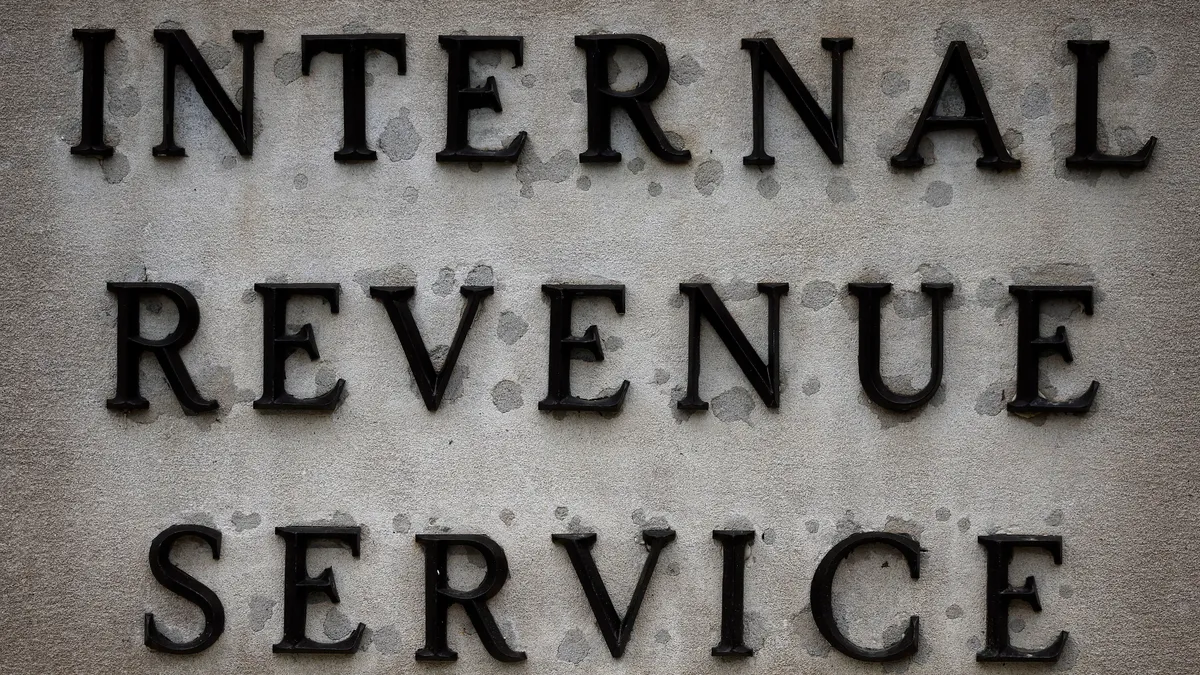For today’s CFOs, ensuring they have the right people and the right data in place at their organizations should be top of mind, said Jennifer Finger, CFO advisory partner at tax, assurance and advisory firm Baker Tilly. This is especially the case as today’s finance chiefs are faced not only with responsibility for finance, but for business operations, strategy, and technology.
Being able to make sense of the growing amount of data that is rapidly coming at them is a key skillset modern CFOs need to hone; CFOs don’t necessarily need to become IT experts, but they do need to have some level of understanding to ensure they are effectively leveraging their organizations’ data and tools, Finger said in an interview. The co-lead of Baker Tilly’s national CFO advisory practice, Finger has logged a near two-decade tenure at the firm, according to her LinkedIn profile.
“If they're not analyzing the right data, or using the right people to make decisions, it's unbelievable how bad the consequences can be on the business and how fast it can really affect the business, especially in markets like these,” Finger said.
Staying afloat in a data deluge
The CFO role has expanded outside of pure finance, with finance chiefs now expected to take on decision-making responsibilities for other key areas like operations and technologies. Some organizations are even melding the CFO and chief operating officer roles together, a trend that speaks to the unique nexus point the CFO often occupies in the business.
“While some businesses may try to differentiate, I think it's very hard to do that,” Finger said of the merging of finance and operational responsibilities. “Because if you think about how the office of the CFO sits…information comes from the operational parts of the business, and flows into the office of the CFO, and so it really does touch all aspects of the business.”
However, the sheer volume of data available is “so much more magnified than it was before,” Finger said. Being able to effectively wade through this crush of data requires CFOs to really take a strong look at their own skillsets and to be honest about where they fall short, Finger said.
“Is your strength treasury management over accounting? Is your strength data assessment and kind of that IT function over straight U.S. GAAP?” she said, referring to generally accepted accounting principles. “And what kind of smart people do you need around you to supplement where you're not strong?”
Understanding if you need talent that can help you support GAAP fundamentals or a stronger controller, for example, and then moving to fill those gaps is critically important for today’s finance chiefs, buffeted not only by expanded responsibilities but by economic and geopolitical headwinds and the changing needs and expectations of their workforce.
Searching for talent balance
However, finding the talent one needs can be a daunting task for today’s CFOs. That’s especially when it comes to the finance and accounting field, as competition for certain key finance roles is growing. For instance, the “controller by far is the hardest role we've heard kind of everywhere that people are struggling to fill,” Finger said.
The difficulty filling the controller role could be due to several different factors, including the growing number of accounting and auditing talent that are leaving the profession. Twenty-four percent of U.S. accounting and finance professionals intend to leave their current roles in the next year, according to an October report by the Institute of Management Accountants and Robert Half, following more than 300,000 of their fellows out of the door. Projections from the Bureau of Labor Statistics show that there will be over 136,000 job openings for accountants every year through 2031, the IMA study also cited.
When looking to hire, therefore, ideally companies and executives should be looking for people “that have a balance between skill sets that you’re missing,” she said. “So if you're missing something on the accounting side, it's ideal to have some sort of minor in tech.”
However, it’s also important for finance leaders to remain flexible: While it’s likely the role of the CFO will continue to shift in the future, technology will keep evolving as well, Finger pointed out. Finance leaders need to be sure they can be adaptable to respond to future trends or the changing needs of their specific organizations.
“I think in certain business organizations, the finance leader needs to touch operations more, because that organization is more operationally focused, and there needs to be kind of that melding,” she said by way of example. “And so I think just that flexibility needs to be there in the entire C-suite, always, of being able to kind of shift with the times.”






















